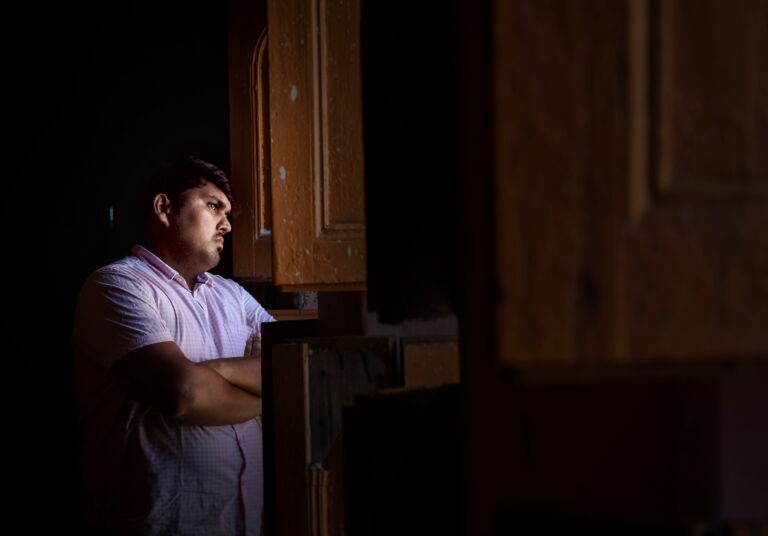Hillsdale College’s Imprimis features Jason Riley’s observations about economist Thomas Sowell’s continuing importance in American policy debates.
Sowell says his favorite of his own books is A Conflict of Visions, in which he tries to explain what drives our ideological disputes about freedom, equality, and justice. He traces these divergent “visions,” or views of human nature, back at least two centuries, to thinkers like William Godwin, Immanuel Kant, and Jean-Jacques Rousseau, down through John Rawls and today’s social justice advocates.
The conflicting visions he describes in the book are the constrained or tragic view of human nature and the unconstrained or utopian view. People with a more constrained view of the human condition see mankind as hopelessly flawed. They see inherent limits to human betterment. We might want to end war or poverty or racism, they say, but that’s probably not going to happen. Therefore, our focus should be on putting in place institutions and processes that help society deal with problems we’re never going to eradicate.
On the other side you have the unconstrained or utopian view of human nature, which rejects the idea that there are limits to what humans can achieve. This is the belief that nothing is unattainable and no trade-offs are necessary. According to this perspective, by utilizing the proper amount of reason and will power, we can not only manage problems like war, poverty, and racism, but solve them entirely.
Depending on which view they embrace, Sowell explains why two people, similarly well-informed and similarly well-meaning, will reach opposite conclusions on a whole range of issues including taxes, rent control, school choice, military spending, and judicial activism.
When Kant said that from the “crooked timber of humanity no straight thing was ever made,” he was exhibiting the constrained view. When Rousseau said that “man is born free but everywhere is in chains,” he was voicing the unconstrained view.


